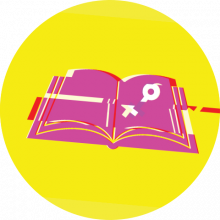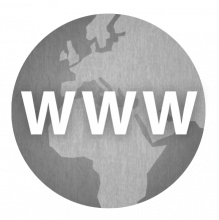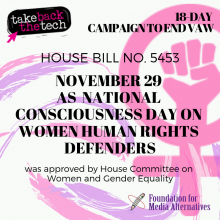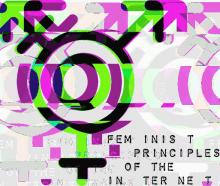Information

We support and protect unrestricted access to information relevant to women and queer persons, particularly information on sexual and reproductive health and rights, pleasure, safe abortion, access to justice, and LGBTIQ issues. This includes diversity in languages, abilities, interests and contexts.
Background
The internet offers breakthrough opportunities around citizens’ access to information, whether through open source governance or whistleblowing for increased transparency. Withholding information from the public plays into government and corporate interests and in the case of information on sexuality preserves the patriarchal and heteronormative order. Therefore, our principle emphasizes women and young people’s right to produce, disseminate, and access critical information on gender and sexuality within the struggle for the right to free, transparent, and open information for all. Linked to this is the principle on sexual expression.






